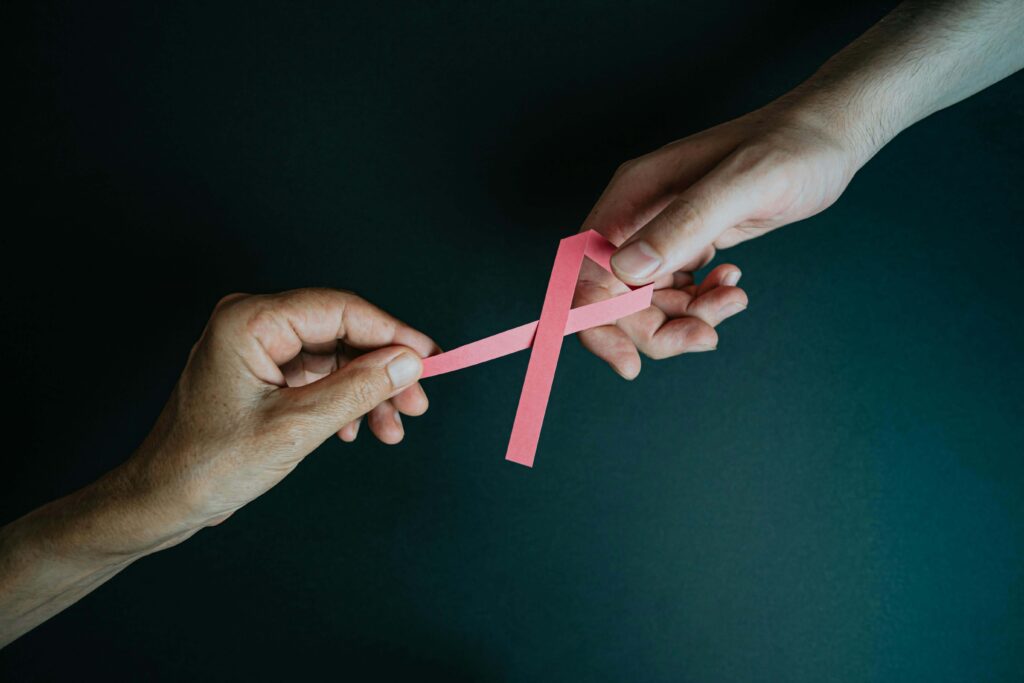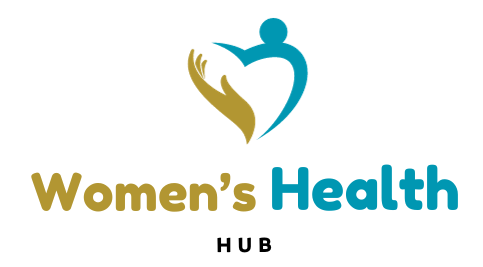Table of Contents
- Understanding the connection
- Exploring Risk Factors: Unveiling the Intricate Components
- Affected Cancer Types: Diverse Manifestations of the Connection
- Inflammation’s Role: Deciphering the Molecular Framework
- Harmonizing Health Goals: A Holistic View of Well-Being
- Implementing Lifestyle Changes for Cancer Prevention Empowerment
- Guidance from Experts: The Importance of Personalized Counsel
- Inspiring Narratives: Motivational Journeys Through the Lens of Cancer Risk
- Promoting Informed Health Choices: Elevating Health Literacy
- Striking a Balance: Fostering Holistic Well-Being
Understanding the connection
Embarking on exploring the intricate relationship between weight loss and cancer risk unveils a nuanced interplay of factors. Emerging scientific evidence suggests that alterations in body weight and metabolism may contribute to changes in cellular processes, potentially influencing an individual’s susceptibility to cancer.
Exploring Risk Factors: Unveiling the Intricate Components
An in-depth exploration of the intricate risk factors associated with the potential impact of weight loss on cancer emergence requires a comprehensive examination. By scrutinizing lifestyle choices such as dietary patterns, physical activity, and metabolic changes, a clearer understanding of how these variables interconnect and contribute to the intricate web of influences on cancer risk emerges.
Affected Cancer Types: Diverse Manifestations of the Connection
The association between cancer risk and weight loss extends beyond a singular cancer type; it encompasses a myriad of cancers, each presenting its unique characteristics. Understanding how weight loss may influence various organs and systems, ranging from pancreatic and ovarian cancers to breast and colon cancers, contributes to a more nuanced comprehension of the diverse expressions of this intricate interplay.
Inflammation’s Role: Deciphering the Molecular Framework
To comprehend the intricate connection between cancer and weight loss, a detailed exploration of inflammation’s impact is imperative. Persistent inflammation is believed to create an environment conducive to cancer development. Delving into the molecular mechanisms governing this inflammatory process enhances our insight into how weight loss may potentially influence cancer risk.
Harmonizing Health Goals: A Holistic View of Well-Being
Navigating the intricate landscape of weight management, especially its potential impact on cancer risk, requires a nuanced approach. Striking a balance between achieving a healthy weight and safeguarding overall well-being demands an understanding of how lifestyle choices intertwine and their collective impact on cancer risk. Attaining this equilibrium is vital for enduring health goals.
Implementing Lifestyle Changes for Cancer Prevention Empowerment
Empowering individuals with actionable steps and lifestyle modifications is crucial for comprehending the correlation between weight loss and cancer risk. From stress reduction techniques to dietary adjustments and regular exercise, these practical measures not only promote holistic well-being but may also mitigate factors associated with cancer risk.
Guidance from Experts: The Importance of Personalized Counsel
Underscoring the significance of seeking professional advice when navigating weight loss and its potential impact on cancer risk is crucial. Encouraging individuals to consult medical specialists ensures that they receive personalized guidance tailored to their specific health conditions, fostering a more informed and effective approach to weight management.
Inspiring Narratives: Motivational Journeys Through the Lens of Cancer Risk
Gaining inspiration from individuals who embark on weight loss journeys while considering their cancer risk provides relatable insights. These real-life stories not only share the challenges faced, strategies employed, and lessons learned but also offer a human perspective on navigating the complex landscape of health and well-being.
Promoting Informed Health Choices: Elevating Health Literacy
Advocating for a deeper understanding of the connection between cancer risk and weight loss is crucial. Emphasizing the significance of education, regular health check-ups, and preventative measures contributes to a comprehensive awareness of these interlinked health factors. Making informed decisions becomes pivotal in achieving optimal well-being.
Striking a Balance: Fostering Holistic Well-Being

Emphasize the importance of finding an equilibrium between overall health and weight management objectives. Encourage readers to adopt a holistic and sustainable lifestyle that considers individual variables for optimal well-being through a nuanced approach. To fully grasp the connection between cancer risk and weight loss, it’s crucial to consider various factors, empowering individuals to make decisions that prioritize their overall health.





